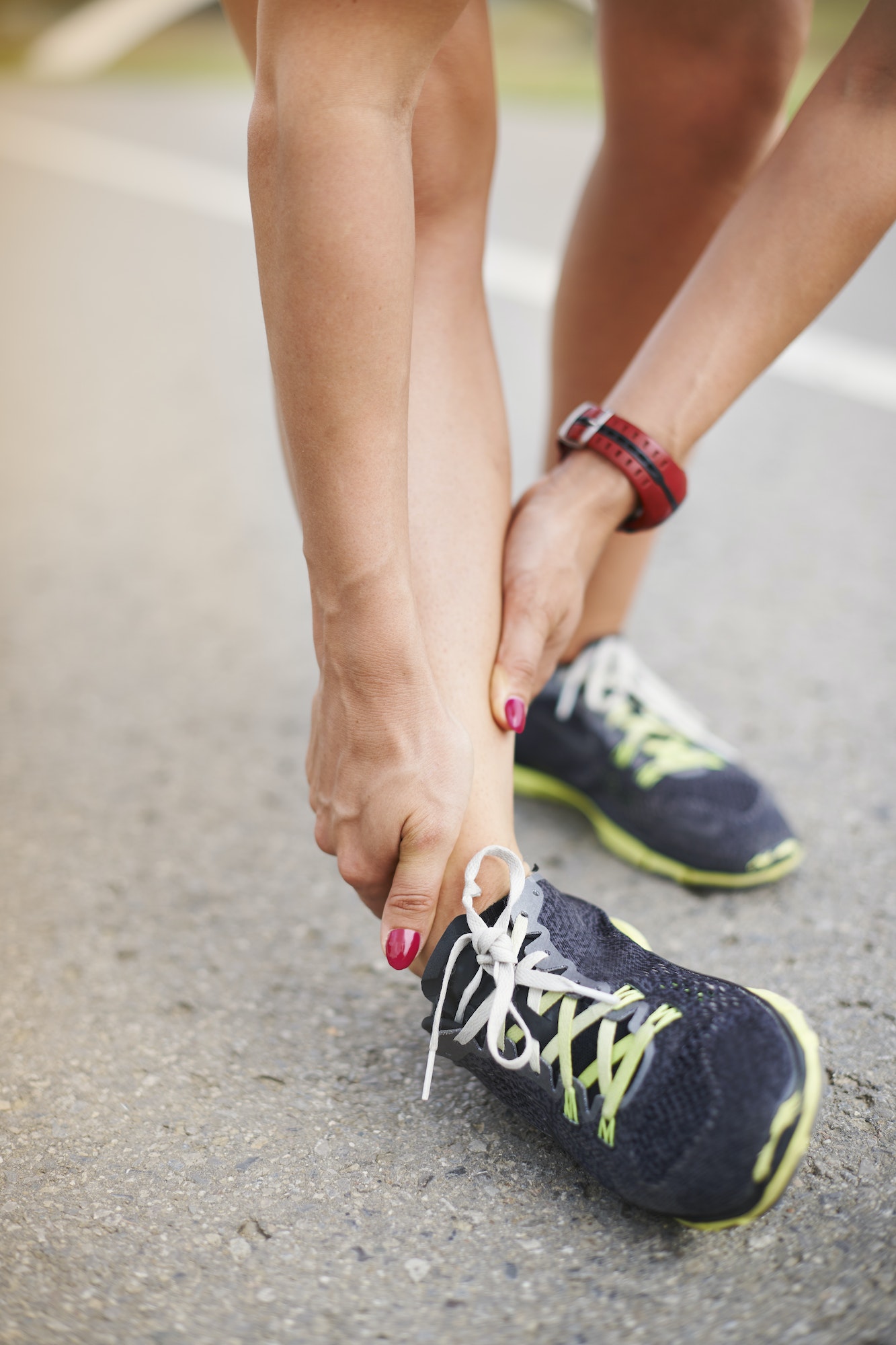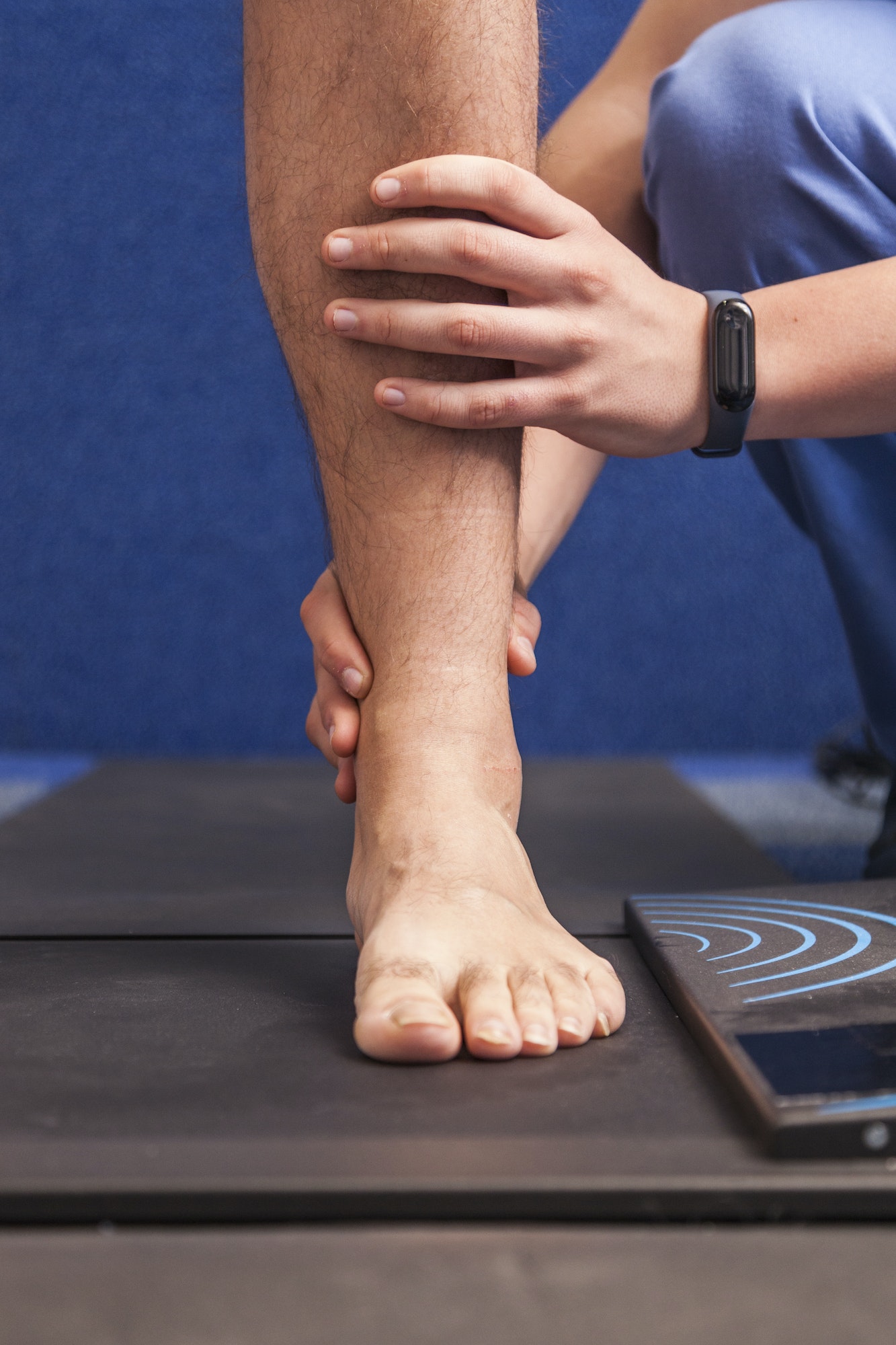Table of Contents
Is it OK To Go Barefoot All Day?
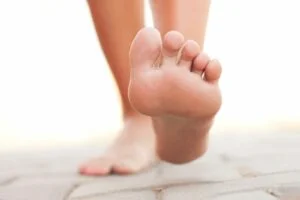
When you step on an object, you will feel it immediately. However there are some aches and pains that may come over time and after several days or prolonged periods of time going without shoes. What people tend to forget is that although it feels great to kick off your shoes and go barefoot, shoes (and very often the inserts in them) give great support for your feet. So when you are barefoot, every step you take lacks arch support. When there is lack of arch support, this can cause arch pain that can be due to a posterior tibial tendinitis and it can also contribute to heel pain, or plantar fasciitis. The posterior tibial tendon is the tendon that has the muscle belly that starts in the leg, and its tendon courses behind the ankle bone and inserts by your arch. It works very hard to hold up the arch when standing or walking. Without the support of a shoe all day, the arch flattens out when you stand, and this pulls on the tendon, stretching it out. So you may get a posterior tibial tendon inflammation, or tendinitis. On the same note, without arch support and when the foot flattens out, it pulls on the plantar fascia. The plantar fascia is a band of tissue that starts at the heel, goes across the arch, and inserts in the ball of the foot. For many patients, the extra stretching causes undue stress on the plantar fascia, causing inflammation, or plantar fasciitis.
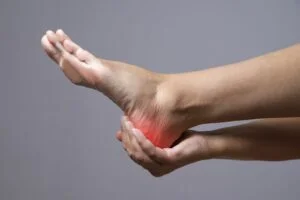
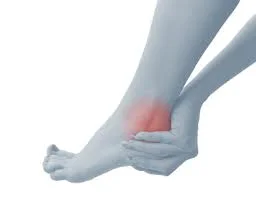
So if you would like to go barefoot, have at it. Just be aware that there are some hazards that may occur. You may step on something on the floor and feel immediate pain, and other ailments may come over time after several days or weeks of going barefoot like the various tendinitis disorders I mentioned above. In order for you to kick off your shoes at home and remain free of aches and pains, consider wearing a comfy slipper with an arch support instead. Or even better yet, a slipper with which you can put your custom orthotics in. But if you do decide to go barefoot, and if you end up with one of these issues that I mentioned above, you know where you can go for pain relief. Visit one of our doctors to come up with a diagnosis and have you on your way to being pain free.
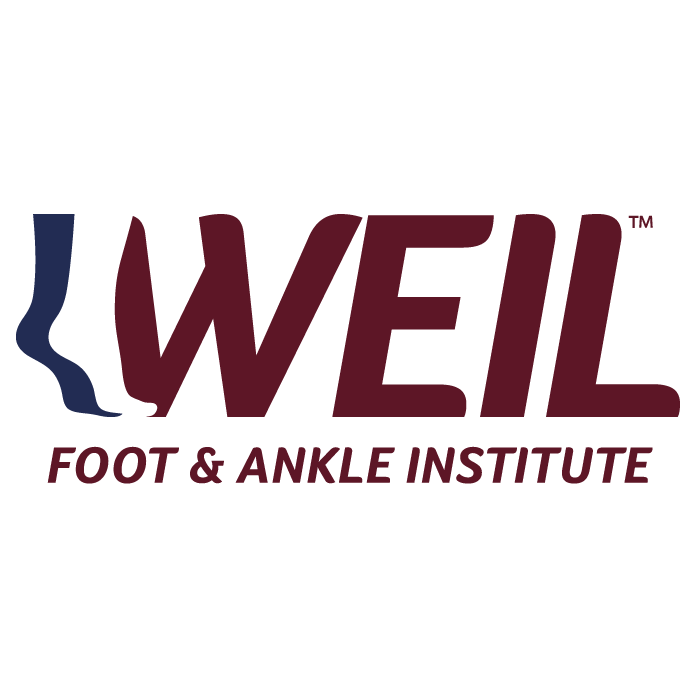
Meet Weil Foot & Ankle Institute
By: Weil Foot & Ankle Institute, Published: May 1st, 2020
Review By: Kristin Abruscato DPT – Jan 19th, 2023

